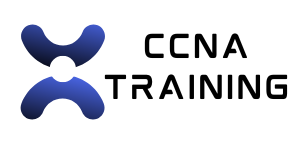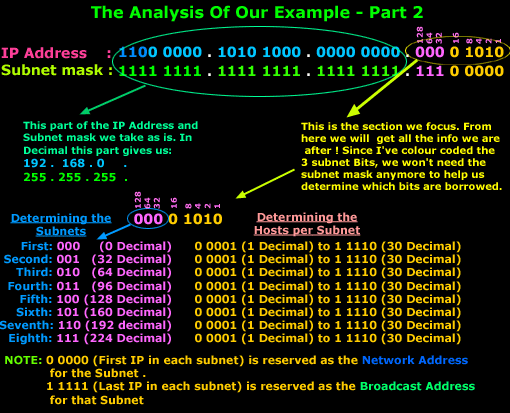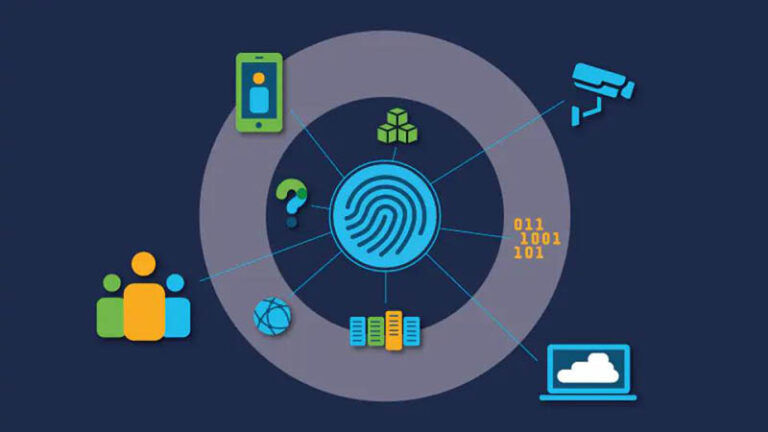One of the most well-known certifications in networking is the Cisco Certified Network Associate (CCNA). A medium-sized routed and switched network’s installation, configuration, operation, and troubleshooting skills are validated with this entry-level certification. Higher-level certifications like CCNP and CCIE can be attained by completing the CCNA certification, which is meant to give candidates a strong networking foundation.
Key Takeaways
- Cisco CCNA is a foundational certification for networking professionals
- Networking fundamentals are essential for building a strong foundation in Cisco CCNA
- Mastering routing and switching concepts is crucial for success in Cisco CCNA
- Understanding Cisco’s IOS and CLI is important for configuring and troubleshooting network devices
- Implementing and managing IP addressing is a key aspect of Cisco CCNA certification exam preparation
Candidates must pass a single exam covering a wide range of subjects, such as IP addressing, Cisco’s Internetwork Operating System (IOS), routing & switching principles, networking fundamentals, and network device configuration and troubleshooting, in order to become certified as CCNAs. The exam assesses candidates’ understanding of automation, programmability, and security. For those who want to validate their networking skills or for professionals looking to enter the field, the CCNA certification is perfect.
Grasping Communication and Data Transmission. Candidates should have a firm grasp of how devices communicate with one another, how data is transferred over networks, and how various network components interact to guarantee seamless connectivity in order to establish a strong foundation in networking fundamentals. familiarity with the services and components of networks.
Also, candidates need to be conversant with various network topologies, network hardware like switches and routers, and standard network services like DHCP and DNS. Gaining Success with Networking Fundamentals Mastery. To pass the CCNA certification exam and have a lucrative networking career, you must understand networking fundamentals. In order to create and maintain contemporary networks, routing & switching are fundamental networking concepts. Packet forwarding from one network to another is known as routing, and packet forwarding within the same network is known as switching.
| Metrics | Value |
|---|---|
| Number of Chapters | 20 |
| Number of Pages | 600 |
| Number of Practice Questions | 200 |
| Number of Labs | 15 |
| Number of Video Tutorials | 50 |
Anyone interested in a career in networking should understand routing and switching concepts; in fact, mastering them is essential to earning the CCNA certification. Candidates must have a thorough understanding of how switches and routers operate, forward data packets, and create and maintain routing tables in order to grasp routing and switching concepts. Also, candidates need to understand switching concepts like trunking, spanning tree protocol, and VLANs in addition to various routing protocols like RIP, EIGRP, OSPF, & BGP. Building a solid networking foundation and passing the CCNA certification exam require a solid understanding of routing & switching concepts.
The operating system that powers Cisco switches and routers is called Internetwork Operating System (IOS). The operating system underpins all of Cisco’s networking devices and is robust and packed with features. Cisco’s IOS is primarily accessed through the Command Line Interface (CLI), which gives network administrators the ability to configure, track, and diagnose Cisco devices. Examining Cisco’s IOS and CLI is a crucial component of the CCNA certification, as it equips candidates with the abilities to configure & oversee Cisco devices.
It is mandatory for candidates to possess knowledge of fundamental IOS commands, configuration modes, file management, and CLI device monitoring. Also, candidates need to be able to use the CLI to diagnose common network problems and navigate the IOS command structure and output. To pass the CCNA certification test and handle Cisco devices in a production environment, it is essential to familiarize yourself with the IOS and CLI. Network administrators and engineers need to be proficient in configuring and troubleshooting network devices.
Building and maintaining a working network infrastructure requires the ability to configure network devices, such as switches and routers, in accordance with certain specifications. Also, detecting and fixing connectivity issues, performance issues, & security vulnerabilities depend heavily on troubleshooting network devices. Candidate knowledge of network device configuration, including interface configuration, routing protocols, VLANs, access control lists (ACLs), and device security features, is essential for efficient configuration and troubleshooting of network devices.
Also, candidates need to be conversant with standard troubleshooting methods like deciphering log messages, utilizing packet capture tools to examine network traffic, and utilizing show commands to learn about device status. A major part of the CCNA certification exam is configuring and troubleshooting network devices, which is crucial for success in the networking industry. recognizing IPv4 addresses. A thorough understanding of IPv4 addressing, including subnetting, supernetting, & variable length subnet masking (VLSM), is necessary to implement and manage IP addressing efficiently. IPv6 Addressing Fundamentals.
Candidates need to be conversant with IPv6, as well as IPv4 & IPv6 routing protocols and address types and assignment techniques. Examining IP Addressing for CCNA Certification. The CCNA certification exam includes a crucial section on managing and implementing IP addressing, which assesses candidates’ capacity to create and execute IP addressing schemes that adhere to particular network specifications. Commitment, diligence, & a firm grasp of networking principles are necessary for CCNA certification exam preparation. The objectives of the exam, which cover IP addressing, network device configuration and troubleshooting, Cisco’s IOS and CLI, networking fundamentals, routing & switching concepts, automation, and programmability, must be known to candidates.
Candidates should use a range of study tools, such as official Cisco training materials, practice exams, interactive labs, and study groups, to effectively prepare for the CCNA certification exam. As well as allocating specific study time every day, candidates should review exam topics on a regular basis and utilize online forums and communities to ask questions and get advice from other experts. A difficult but worthwhile experience, CCNA certification exam preparation can open up exciting career options in networking.
To sum up, obtaining the CCNA certification is a significant step for anyone interested in a career in networking. Candidates can gain the knowledge and abilities necessary to succeed in the networking industry by learning the fundamentals of the Cisco CCNA, strengthening their foundation in networking principles, grasping routing and switching concepts, experimenting with Cisco’s IOS and CLI, configuring and troubleshooting network devices, implementing and managing IP addressing, and adequately preparing for the certification exam. A career in network administration, network engineering, cybersecurity, and cloud computing can be greatly enhanced by earning the CCNA certification.
A successful career in networking can be attained by individuals who put in the necessary dedication and hard work to become a Cisco Certified Network Associate.
If you’re interested in learning more about securing a Cisco network, you should check out this article on CCNATraining.com. It provides valuable information on how to protect your network from potential security threats and vulnerabilities, which is essential knowledge for anyone pursuing their Cisco CCNA certification.
FAQs
What is Cisco CCNA?
Cisco CCNA stands for Cisco Certified Network Associate. It is a certification program offered by Cisco Systems that validates the ability to install, configure, operate, and troubleshoot medium-size routed and switched networks.
What are the prerequisites for the CCNA certification?
There are no formal prerequisites for taking the CCNA exam, but it is recommended that candidates have a good understanding of networking fundamentals and basic IP addressing.
What topics are covered in the CCNA exam?
The CCNA exam covers a wide range of topics including network fundamentals, network access, IP connectivity, IP services, security fundamentals, and automation and programmability.
What are the benefits of obtaining a CCNA certification?
Obtaining a CCNA certification can lead to better job opportunities, higher salary potential, and increased credibility in the field of networking. It also provides a solid foundation for further Cisco certifications.
How long is the CCNA certification valid for?
The CCNA certification is valid for three years. After that, individuals can recertify by passing the current CCNA exam or any of the higher level Cisco certification exams.















